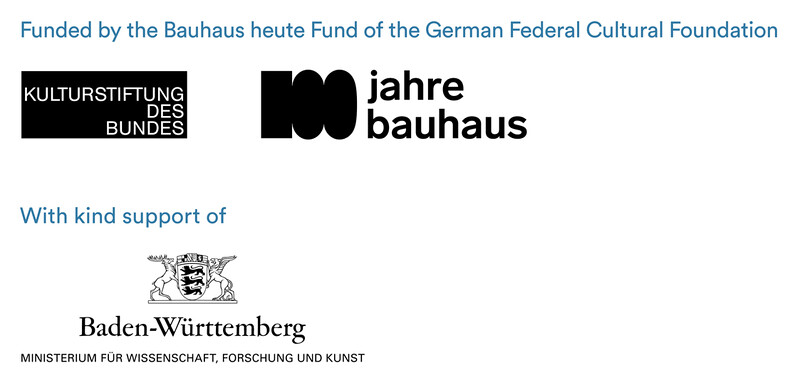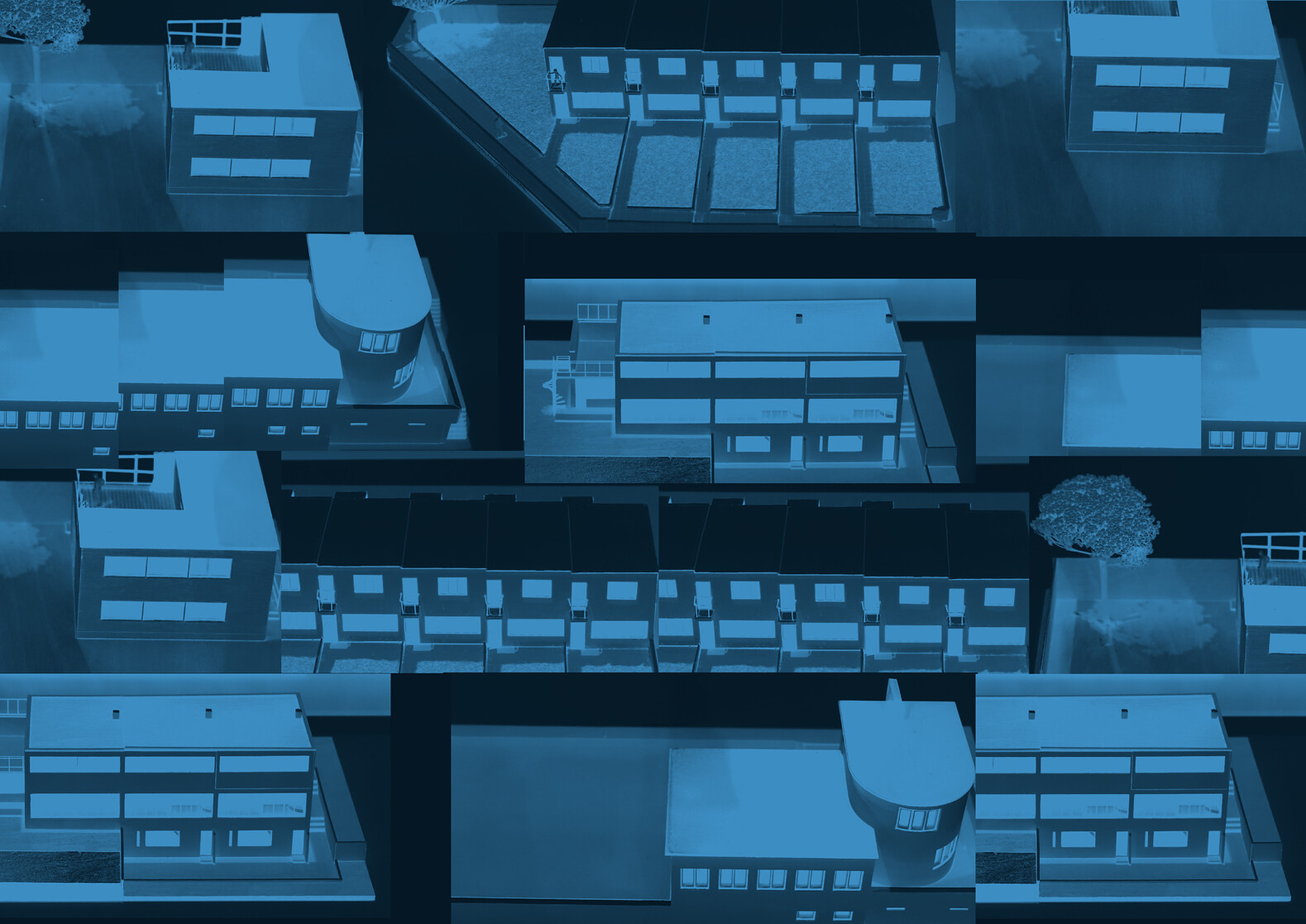Weissenhof City
The History and Present of the Future of a City
June 7–October 20, 2019
Konrad-Adenauer-Straße 30-32
70173 Stuttgart
Germany
One hundred years ago, the Bauhaus was founded in Weimar. The eventful history of the avant-garde school and, with it, that of Modernism unfolded across several sites. Were one to chart the Bauhaus and its global network, Stuttgart would be one of the places that left its mark on the Bauhaus and that was, in turn, marked by its influence.
As an institution committed to active knowledge production, the Staatsgalerie Stuttgart has invited Dani Gal, Michaela Melián, Martin Schmidl and Boris Sieverts to produce site-specific works that investigate and exemplify not only the people, ideas, impact and reception of the Bauhaus and Modernism in Stuttgart but also the Modernist impulses emanating from Stuttgart. How can we build on the ambitions of the Bauhaus and the universalist aspirations of Modernism and what lessons can we learn from legitimate criticism?
A key historic event for this project is the exhibition Die Wohnung (The Dwelling) of 1927 with the construction of the Weissenhof Estate under the aegis of Mies van der Rohe. The event was closely linked to the Bauhaus and was globally recognised as a milestone in the history of the Neues Bauen movement (New Building). Another starting point for the exhibition Weissenhof City is the collection of the Staatsgalerie Stuttgart with its important holdings of works and archival material by Oskar Schlemmer and other Bauhaus artists. Also preserved at the museum are the writings on art theory of Schlemmer’s teacher Adolf Hölzel, whose ideas and aesthetic theories had a formative influence on the Bauhaus.
Looking at the past through the prism of the present, Dani Gal, Michaela Melián, Martin Schmidl and Boris Sieverts investigate sites and buildings, documents and archives, history, stories and myths. Their works range from videos and installations to walking tours through Stuttgart. Satellite sites of their presentation are the Weissenhof Museum in the Le Corbusier house and the Hölzel Foundation in Stuttgart Degerloch. Furthermore, the exhibition is accompanied by a rich programme of events centred on collective reflection.
Related programs
“How to Hölzel”: Martin Schmidl in conversation with Stephan Dillemuth
July 11, 6:30–8pm
“Von Experimentalgalerien zu Projekträumen—Kunst und ihre Ausstellungslabore”
Stadtlücken, Österreichischer Platz, 70178 Stuttgart
”How to Hölzel”: Martin Schmidl in conversation with Alice Koegel
July 12, 6:30–8pm
“Revisiting Hölzel—Der kunsttheoretische Nachlass aus Künstlerperspektive”
Adolf Hölzel-Stiftung, Ahornstr. 22, 70597 Stuttgart
Boris Sieverts: “Stuttgart. Reise durch einen Sonderfall”
July 13, August 17, August 31, September 14, 9:30am–9:30pm
Beyond icons of Modernism, Boris Sieverts guides a one-day tour through Stuttgart to those places where the promises, but also the contradictions and the failure of Modernism are (still) perceptible today.
“How to Hölzel”: Martin Schmidl in conversation with Annette Weisser
September 12, 6:30–8pm
“The Making of Artists – Zum Stand der Diskussion in der Lehre der Kunst”
“How to Hölzel“: Martin Schmidl in conversation with Clemens Krümmel
September 27, 6:30–8pm
“Zeichnen als Trainingseinheit und Experimentalsprache”
“How to Hölzel”: Martin Schmidl in conversation with Gabriele Hammermann
October 2, 6:30–8pm
“KZ-Gedenkstätten und die Zukunft ihrer Ausstellungen”
Museum Hotel Silber, Dorotheenstr. 10, 70173 Stuttgart
Listen to the Weissenhof City
October 20, 11am–4pm
Interdisciplinary festival with performances and vocal art
“How to Hölzel”: Martin Schmidl in conversation with Sarah Owens
October 20, 6:30–8pm
“Typografie meets Kunst”



